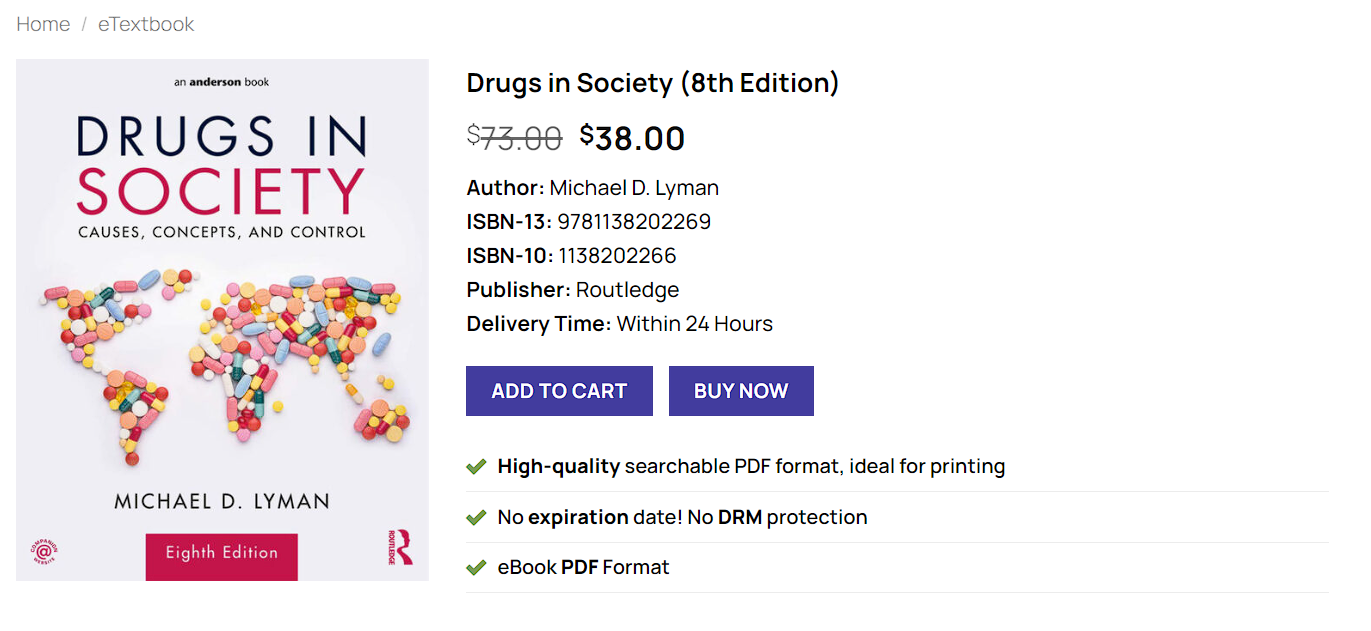Drugs in Society 8th edition is a comprehensive guide that sheds light on the complex relationship between drugs and society. This article will explore some of the key concepts and principles presented in the book, providing a deeper understanding of the impact of drugs on individuals and communities.
The Social Construction of Drugs
One of the fundamental concepts discussed in Drugs in Society is the social construction of drugs. This refers to the idea that the meaning and perception of drugs are not inherent but are shaped by social, cultural, and historical factors. The book explores how societal norms, media representation, and government policies influence the way we view and categorize drugs.
It is important to recognize that the social construction of drugs can have significant implications. For example, the criminalization of certain substances can perpetuate stigma and marginalize individuals who use them. Understanding this concept allows us to critically analyze drug-related issues and challenge existing narratives.
Drug Use and Health
Drugs in Society also delves into the complex relationship between drug use and health. The book emphasizes the importance of adopting a harm reduction approach, which focuses on minimizing the negative consequences of drug use rather than solely focusing on abstinence.
The key principle of harm reduction is to prioritize the well-being and safety of individuals who use drugs. This includes providing access to clean needles, overdose prevention measures, and evidence-based treatment options. By embracing harm reduction, society can address drug-related issues from a public health perspective, reducing the spread of diseases and saving lives.
Drug Policies and Social Justice
The book highlights the profound impact of drug policies on social justice. It examines how drug laws disproportionately affect marginalized communities, contributing to systemic inequalities. By analyzing the historical context and consequences of drug policies, Drugs in Society encourages readers to question the effectiveness and fairness of current approaches.
Furthermore, the book explores alternative models of drug regulation, such as decriminalization and legalization, which prioritize public health and social justice. These models aim to reduce the harms associated with drug use and address the root causes of drug-related issues.
In conclusion, Drugs in Society 8th edition provides a comprehensive exploration of the complex interplay between drugs and society. By understanding the key concepts and principles presented in the book, we can foster a more informed and compassionate approach to addressing drug-related issues in our communities.

